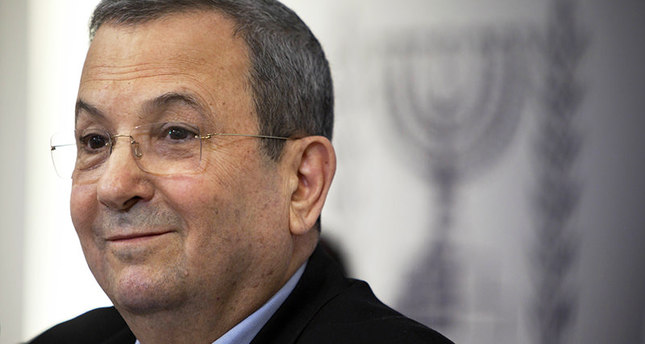
Holding on to the strategic Golan Heights was even more imperative than Israelis had realized at the time, considering the Syrian civil war and the regional instability.
Seven days of peace talks between Prime Minister Ehud Barak and Syrian Foreign Minister Farouk al-Sharaa in Shepherdstown, West Virginia, closed on January 10, 2000, without any resolution.
The talks, at which President Bill Clinton was often present, focused on the possibility that Israel would return some or all of the Golan Heights to Syria for a normal and lasting peace treaty between the two nations.
Also participating in the talks from the Clinton Administration’s Middle East policy team were Secretary of State Madeleine Albright; Dennis Ross, Special Middle East Coordinator; and Martin Indyk, outgoing Assistant Secretary of State for the Near East.
Clinton acknowledged that the negotiations would not be easy but pledged that the United States would work with both countries to achieve peace.

Islamic State troops parade through Raqqa in northern Syria. (AP)
Israel’s foreign minister, David Levy, said the two sides “did not even get close” to reaching an agreement regarding the Golan or any of the other issues facing them.
In the June 1967 Six Day War, Israel captured the Golan Heights from Syria, and in 1981 annexed the territory. This strategic piece of land, which both borders the Kinneret (Sea of Galilee) – Israel’s largest freshwater source – creates a buffer zone between Israel and Syria and is of great value. Clinton realized the sizeable challenges he faced in getting the two sides to even come close to a resolution.
As the talks were concluding, a rally of approximately 100,000 Israelis took place in Tel Aviv’s Rabin Square to protest the possibility of returning the Golan Heights.
Another round of talks scheduled to begin on January 19 was canceled.
From: The Center for Israel Education and the US Embassy in Tel Aviv
Send Passover Packages to Needy Israeli Soldiers - Bring Them Joy!
We are honored to thank the young men and women of the IDF who risk their lives every day to protect the citizens of Israel. Since October 7th, soldiers have been on the battlefield for months - many are hoping to come home for Passover.
Join us in sending Passover food packages (and personal notes) to Israeli soldiers and their families.
Many soldiers spend the Passover holiday with needy families back home. The soldiers greatly appreciate your love and concern. Bring them Passover joy!
CLICK HERE TO SEND YOUR PACKAGE AND NOTE TO ISRAELI SOLDIERS!




